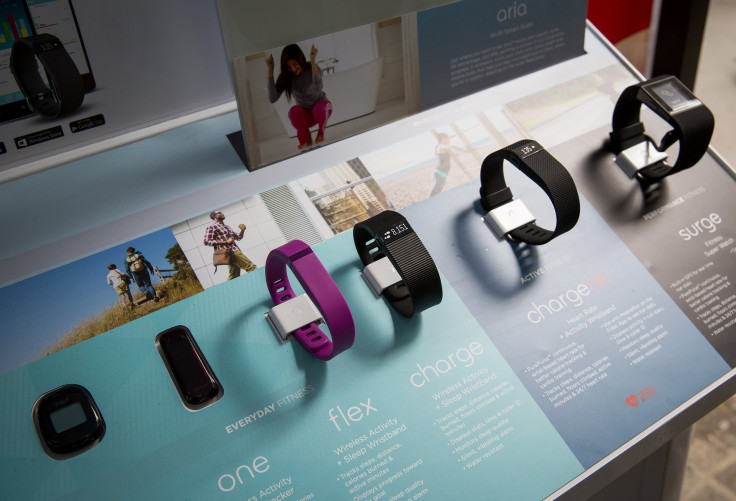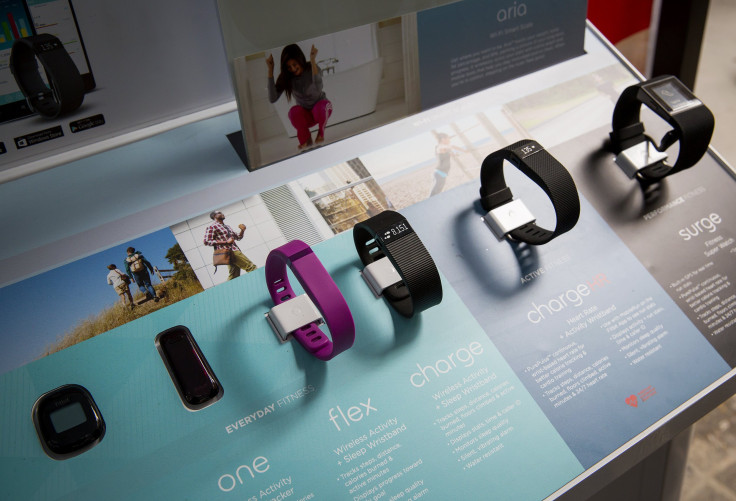Fitbit Is Teaming Up With Google To Better Compete With Apple

Fitbit (NYSE:FIT) has a strong position in the wearables market, while Alphabet (NASDAQ:GOOG)(NASDAQ:GOOGL) subsidiary Google does not after letting Android Wear languish for years. However, Google knows how to build cloud-based platforms, which is something that Fitbit sorely needs right now as it looks to create a digital health platform that it wants to build a subscription-based business off of.
This article originally appeared in the Motley Fool.
This could be match made in heaven.
With Our Powers Combined
Fitbit and Google announced a new partnership yesterday that hopes to accelerate innovation in digital health and wearables. Fitbit will use Google's Cloud Healthcare API, a new set of tools introduced in early March that provides open standards for data sharing in the healthcare sector. That could help address fragmentation, which has long been one of the toughest hurdles with digitizing health records and data. Fitbit's recent acquisition of Twine Health will also come in handy when it comes to conditions like diabetes and hypertension.
As part of the collaboration, Fitbit will move its cloud platform to Google Cloud. The search giant's platform will need to meet security and privacy requirements that are table stakes in the healthcare sector, much of which is dictated by federal privacy laws regarding how medical information can be shared. It's not clear which cloud platform Fitbit was previously using, but chances are it was Amazon Web Services (AWS).
The partnership makes plenty of sense, given each company's respective strengths and weaknesses. Investors seem enthused by the idea, sending Fitbit shares up 5% on Monday.
Competing With Apple
Of course, the broader context is that Fitbit desperately needs to create a mainstream digital health platform if it hopes to compete with Apple (NASDAQ:AAPL) . The Mac maker has been putting together its own digital health platform for a couple years, primarily housed within its Health app. The most recent version (in iOS 11.3) includes electronic medical records.
Recognizing that it can't do it alone, Apple has rightly chosen to adopt an open standard for healthcare records, the Argonaut implementation of HL7 Fast Health Interoperability Resources (FHIR). Only a few dozen healthcare providers can currently display medical records in Apple's Health app, but more should get onboard in short order. It's worth noting that Google's Cloud Healthcare offering similarly supports HL7 FHIR.
In other words, tech companies are approaching healthcare in as open a way as possible. While that's a strategic shift for Apple, Google tends to prefer open standards. Most importantly, these companies are doing their best to modernize and digitize our healthcare system, which is good news for everyone.
John Mackey, CEO of Whole Foods Market, an Amazon subsidiary, is a member of The Motley Fool's board of directors. Suzanne Frey, an executive at Alphabet, is a member of The Motley Fool's board of directors. Evan Niu, CFA owns shares of Apple. The Motley Fool owns shares of and recommends Alphabet (A shares), Alphabet (C shares), AMZN, Apple, and Fitbit. The Motley Fool has the following options: long January 2020 $150 calls on Apple and short January 2020 $155 calls on Apple. The Motley Fool has a disclosure policy.






















